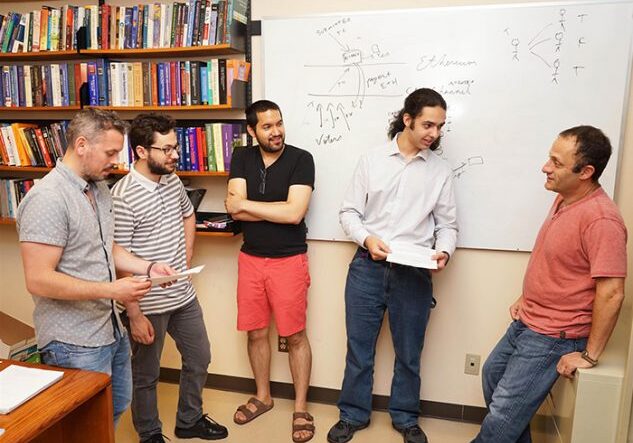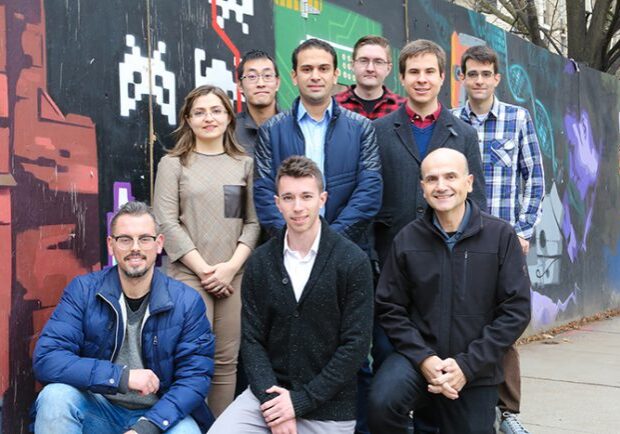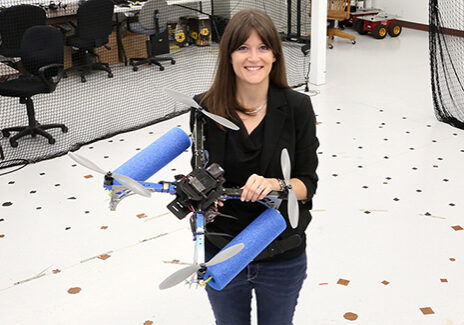
National robotics consortium receives $5.5M NSERC Strategic Partnership Grant
U of T Engineering researchers at the forefront of NSERC Canadian Robotics Network that aims to advance Canada’s role as a global leader in the field
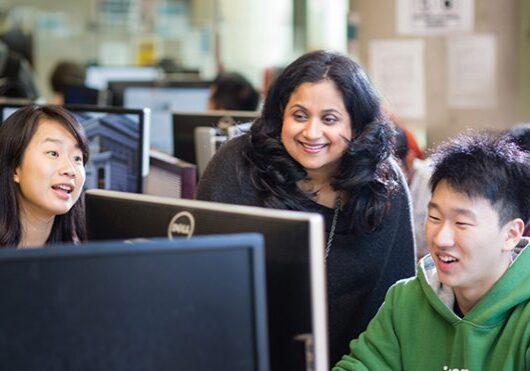
Engineering research from smart grids to green energy receive $11 million in NSERC funding
Strategic Project Grants support researchers working alongside policy makers and Canadian companies to generate new technology
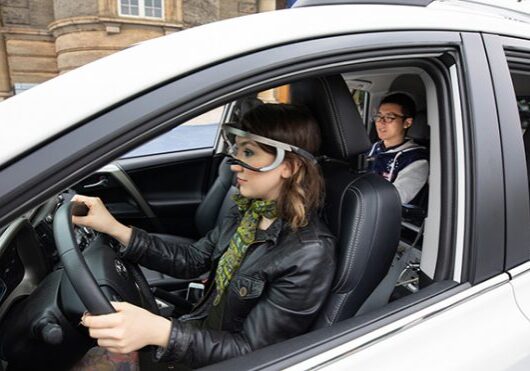
More than half of drivers don’t look for cyclists when turning right, reveals U of T Engineering study
Researchers tracked drivers’ eye movements to examine how attention is divided during turning, revealing that many fail to shoulder check — especially those who frequently drive downtown
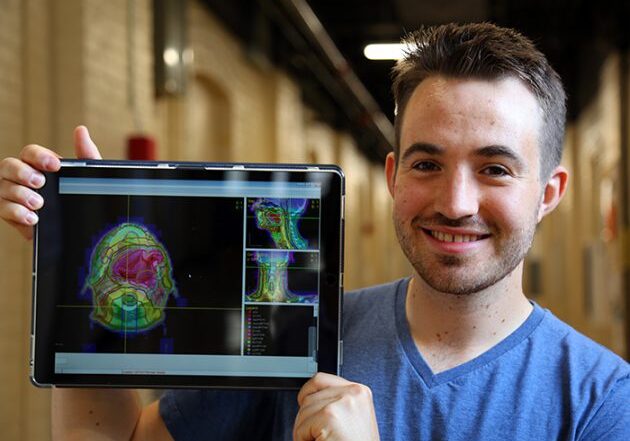
Smarter cancer treatment: AI tool automates radiation therapy planning
U of T Engineering researchers develop an artificial intelligence (AI) tool to cut the time of developing radiation therapy plans down to mere hours
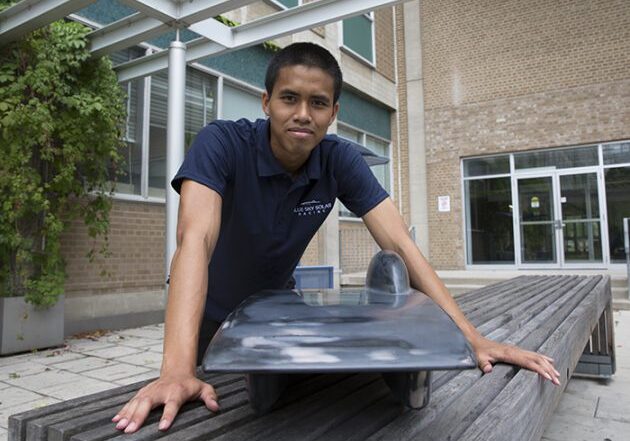
Next-generation Blue Sky Solar car is put to the (wind) test
Blue Sky Solar Racing recently tested out 3D models of its cars Horizon and Polaris to inform design of their 10th generation solar vehicle
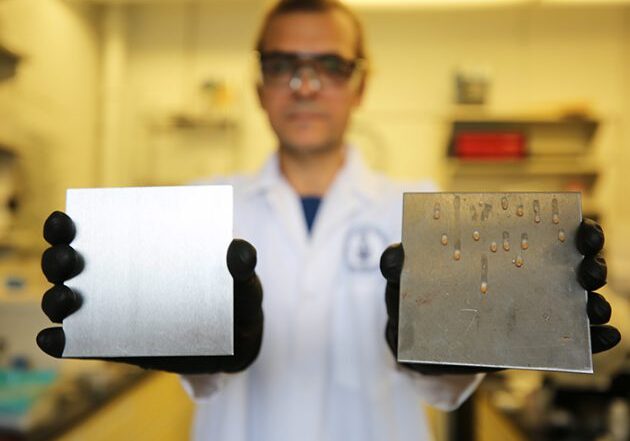
Cooking oil coating prevents bacteria from growing on food processing equipment
U of T Engineering researchers examine a simple and effective way to minimize food contamination at industrial production plants
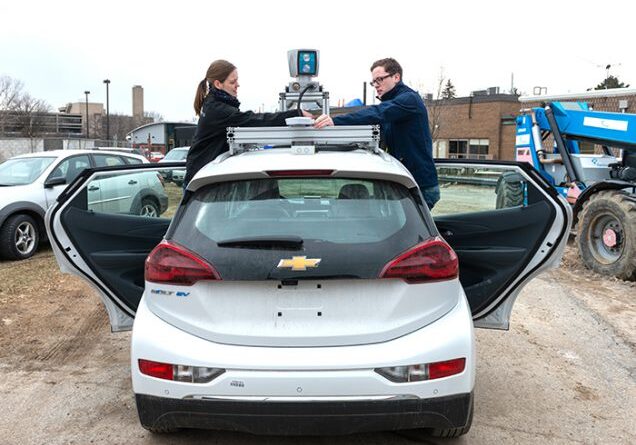
U of T Engineering launches Canada’s first engineering undergraduate program in Machine Intelligence
Students will begin courses in the new major in September 2018

